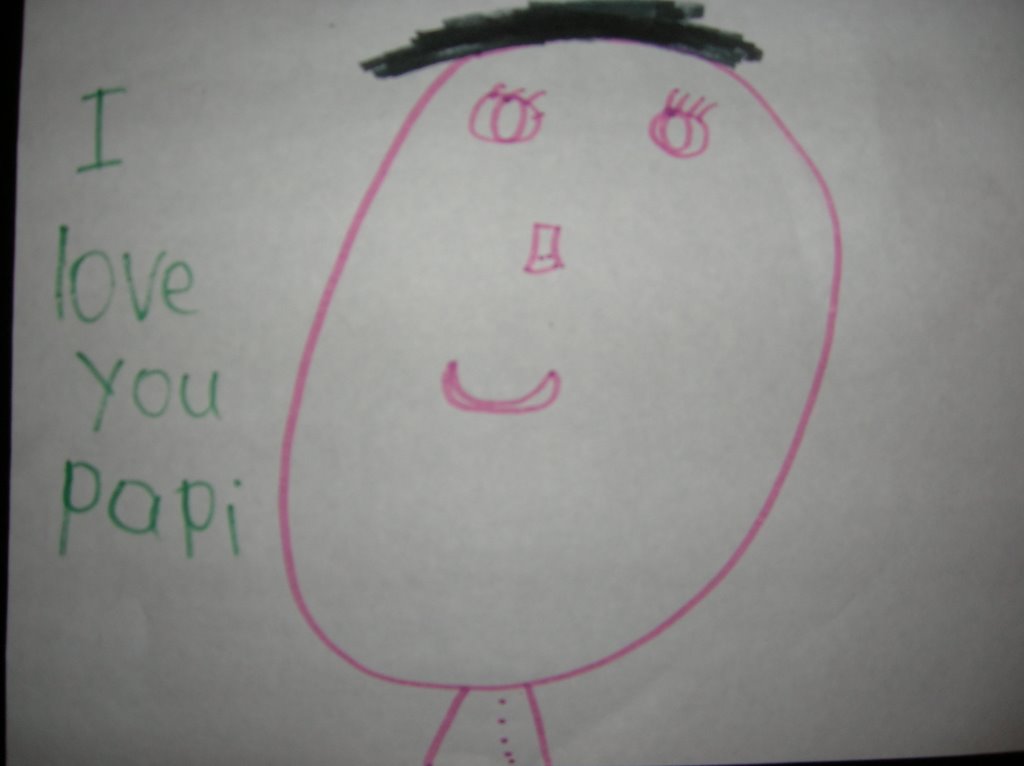Not too long ago, when we were Facebook neophytes, stuff just seemed to roll out of our heads and onto the keyboard with little discretion. These days, we're a little more reserved. We edit more. We are craftier with our expression.
As I write this, the trending topic is Syrian refugees. Last week it was Starbucks cups; apparently as pressing an issue as Syrian refugees when you consider the amount of attention given to the topic. Because everything is an issue. Each issue seems to be steps away from impending doom, or one click-bait away from a link.
Everyone is posting their viewpoint, expressed by others, through articles or memes. On rare occasion someone will post their own thought. That's not a slam against the latter by the way. We all learned in our Facebook adolescence how quickly we can be ostracized on social media for expressing what we think; death by shaming. Now we are older, angrier and savvier. These days we see fewer comments on posts by others. To comment on someone's post is to risk sounding stupid. Because let's be honest.. it's really all about that. It's not that people won't understand you because you are so brilliant, sensitive, self-aware, enlightened, angry, etc.... We just don't want to be rejected for sounding stupid or naive.
So, we counter-post instead. We find a smarter way of expressing our opinion (the right one). Maybe it's in the form of a thoughtful article; perhaps in Q&A form... y'know... for the slower among us who need bullet points. Or, we decide to hit hard and fast with a meme. No need to verify the veracity of the statement. It doesn't matter if it's factual, as long as it sends a hearty "f-you!" to the offending friend; the one who also just posted a picture of her dog, which you promptly "liked".
We aren't pausing.
We don't pause to reflect. We can't because it sucks to do so. A lot of time and energy has been spent in cropping and editing our Facebook persona. Who wants to look at the reflection of their real self? Why the hell would I want to stop and consider where I am, who I am and how I got here? I already know! It's all there under "About" in my profile!
We don't pause to think. We can't because we are too busy keeping our positions (and defenses) secure. I don't need to look into this any further than what fits my paradigm.
We don't consider sources. All social media bows at the altar of confirmation bias,because confirmation bias sells ads. The greatest victims of confirmation bias seem to be those who tend towards accusing others of the same. We all scoff at books, scholarly thought, and sage wisdom. The history (and historicity) of any ideology can be decimated in a 3 minute video clip posted by a 28 year old, using "facts" he found by Googling Jesus+fraud+Mithra. No need to dig further. The internet said it and Trevor Vodcast it over french fries and a Red Bull, I believe it, that settles it. Bias confirmed like old-time evangelicalism.
We are confirmed in our bias, and the internet will gladly affirm and feed our raging desire to be justified. We are so easily fooled, and so quickly lost.
And, this is not a modern problem. It turns out we haven't evolved, and we aren't any smarter (or any dumber) than our predecessors.
 |
| My "Wall" |
In his collection of essays called, "Heretics" published in 1905, Chesterton, prophetically, said:
"SUPPOSE
that a great commotion arises in the street about something, let us say a
lamp-post, which many influential persons desire to pull down. A grey-clad
monk, who is the spirit of the Middle Ages, is approached upon the matter, and
begins to say, in the arid manner of the Schoolmen, "Let us first of all
consider, my brethren, the value of Light. If Light be in itself
good—" At this point he is somewhat excusably knocked down. All the people
make a rush for the lamp-post, the lamp-post is down in ten minutes, and they
go about congratulating each other on their unmedieval practicality. But as
things go on they do not work out so easily. Some people have pulled the
lamp-post down because they wanted the electric light; some because they wanted
old iron; some because they wanted darkness, because their deeds were evil.
Some thought it not enough of a lamp-post, some too much; some acted because
they wanted to smash municipal machinery; some because they wanted to smash
something. And there is war in the night, no man knowing whom he strikes. So,
gradually and inevitably, today, tomorrow, or the next day, there comes back
the conviction that the monk was right after all, and that all depends on what
is the philosophy of Light. Only what we might have discussed under the
gas-lamp, we now must discuss in the dark."
So then, what is the value of light?
Can we pause? Are we capable of doing the really hard work of reflecting? Would it hurt us to do some homework; to extend the breadth of our knowledge base a bit and consider sources and, dare I say it, opposing views? I hope so. Otherwise, what we might have discussed in the light, we will continue to discuss in the dark, on Facebook.












